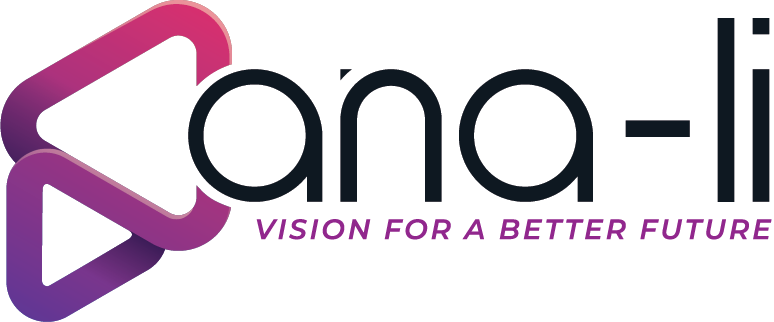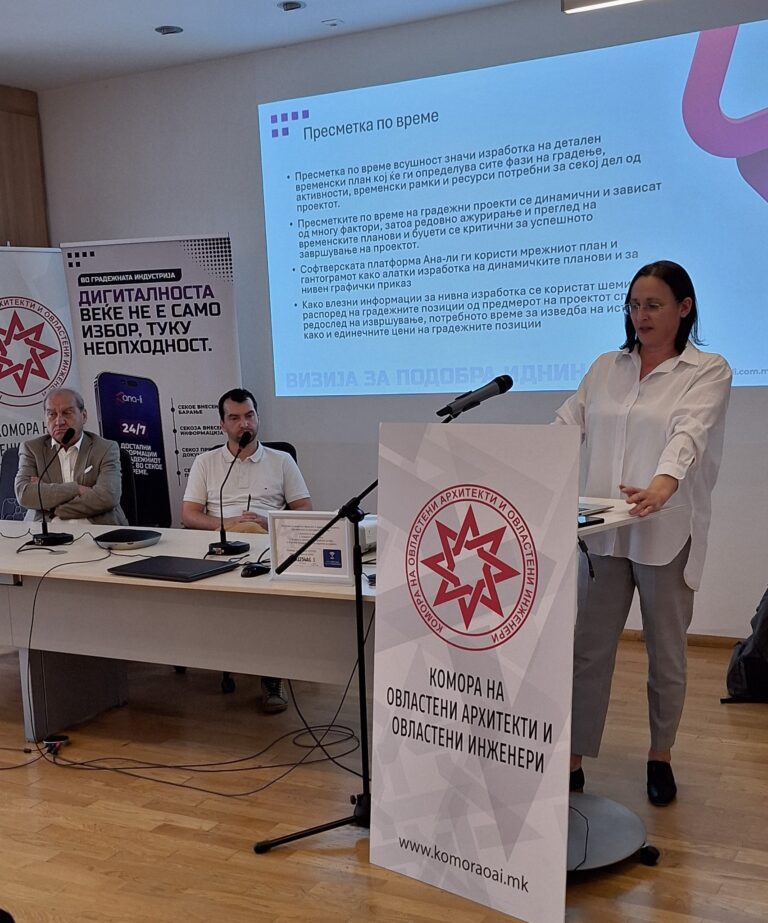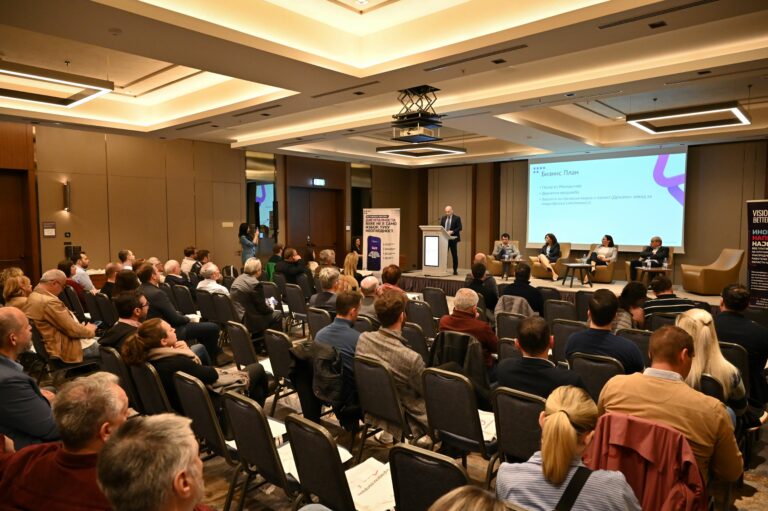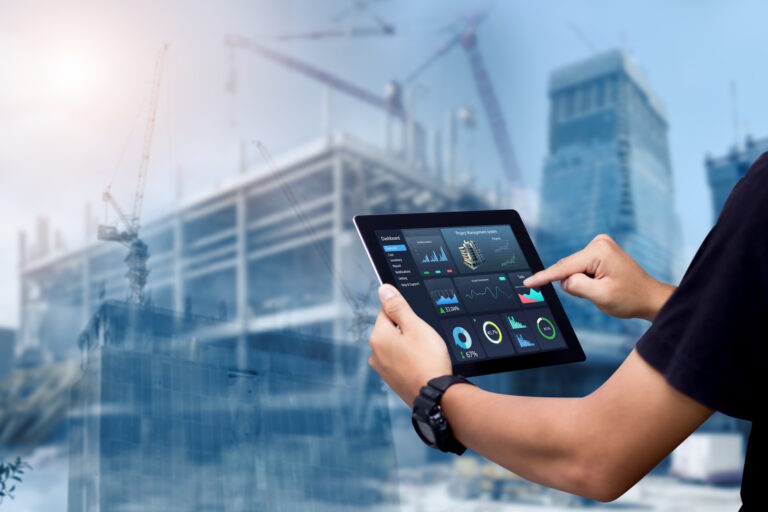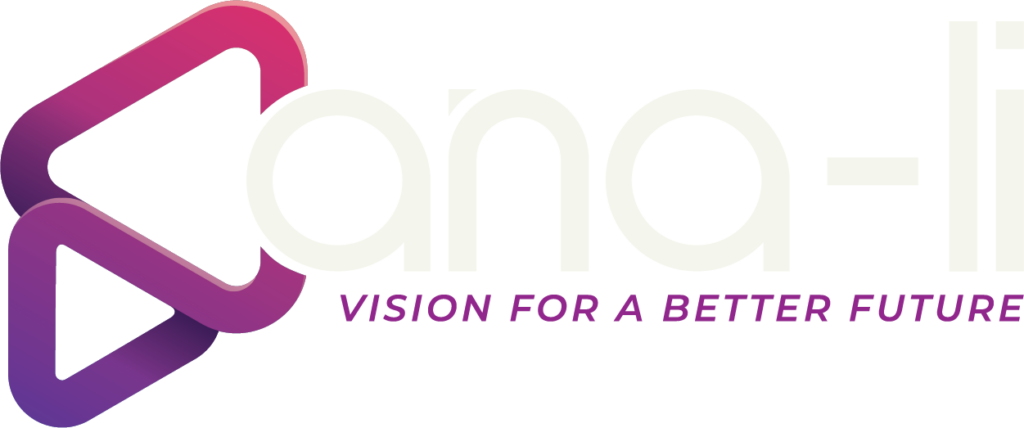General trends and potential applications of artificial intelligence (AI) in the construction business
Project planning and design:
Generative Design: AI algorithms can help create optimized designs based on certain criteria, helping architects and engineers explore a multitude of design options in a short period of time.
Building Information Modeling (BIM): AI can enhance BIM by improving the accuracy of 3D modeling and data analysis, facilitating better collaboration between project stakeholders.
Construction Management:
Project scheduling and optimization: AI can analyze historical data to optimize project schedules, taking into account factors such as weather, resource availability, and potential risks.
Risk Management: AI algorithms can assess and predict potential risks by analyzing historical project data, enabling proactive risk mitigation strategies.
Supply chain management:
Predictive analytics: AI can analyze data to predict material requirements, optimize inventory levels, and anticipate potential delays or disruptions in the supply chain.
Site monitoring and security:
IoT and sensors: The integration of AI with IoT devices and sensors enables real-time monitoring of construction sites, helping to ensure safety compliance and identify potential hazards.
Computer vision: Cameras powered by artificial intelligence and image recognition can be used to monitor construction sites, identify security breaches and monitor progress.
Autonomous construction equipment:
Robotic machine: AI-driven construction equipment can operate autonomously, improving efficiency and safety on construction sites.
Quality control:
Computer vision and machine learning: Artificial intelligence can be used to inspect building materials and structures, identifying defects or deviations from specifications.
Energy efficiency and sustainability:
Human resources and training:
Training simulations: AI simulations can be used to train construction workers, providing a safe and controlled environment to practice skills.
It is essential to keep in mind that the adoption of AI in the construction industry can vary depending on factors such as regulations, cost considerations and technological readiness.
